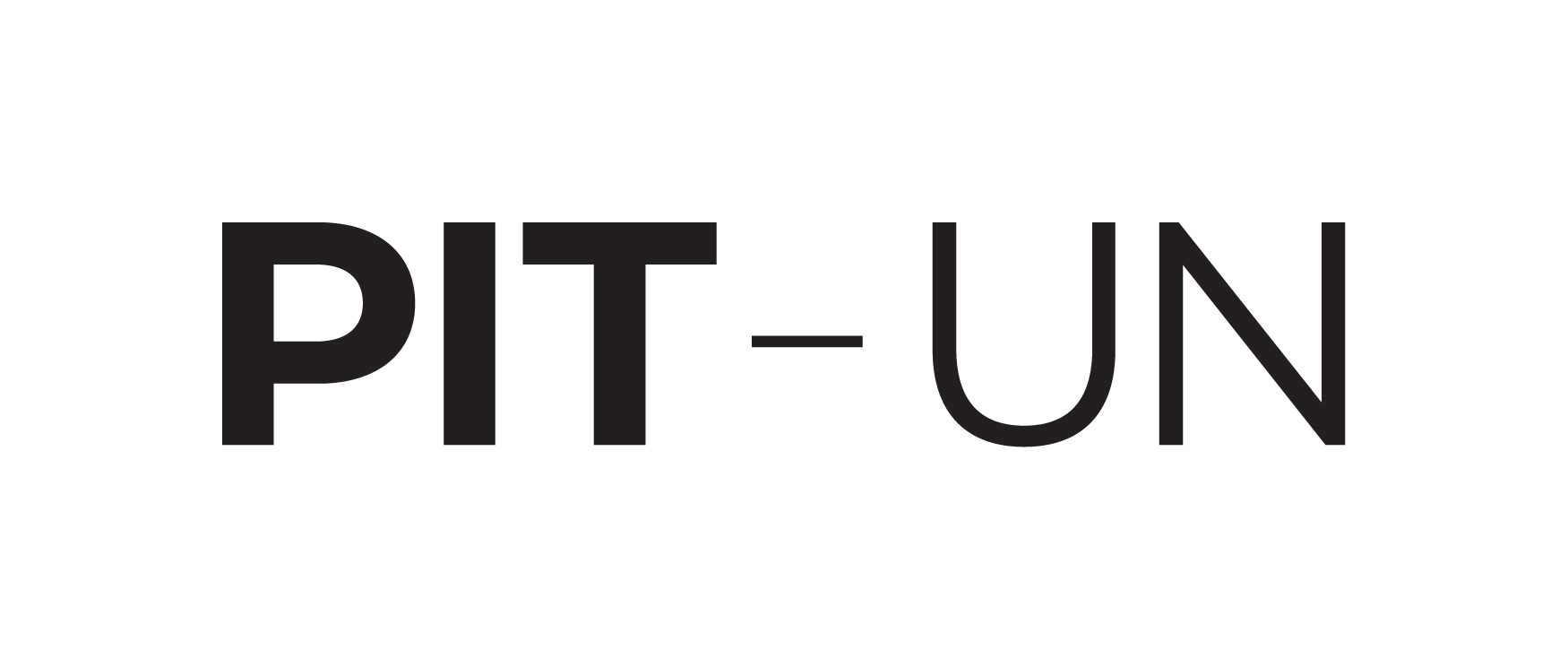PIT-UN Commitment
3rd Annual PIT-UN Convening
Arizona State University, Nov. 2, 2021
It has been a particularly challenging yet affirming year. The public interest technology (PIT) community has witnessed the emergence of the Public Interest Technology University Network (PIT-UN) as a critical infrastructure that responds to the opportunities, problems, and challenges of an increasingly technologically dependent society. Since PIT-UN’s inception, our members have offered career pathway models for practitioners-in-training and supported faculty in their efforts to recognize PIT as an emerging discipline. To date, the Network has invested $7.8 million in projects to build a skilled and diverse pipeline of PIT practitioners and researchers and expects to continue to do so for years to come.
PIT-UN members have developed 10 new public interest technology institutes and labs to facilitate interdisciplinary research and teaching and created 21 fellowships and communities of practice to strengthen PIT-UN’s ability to network and share knowledge and best practices. PIT-UN members now count over 60 new or reimagined courses under the public interest technology umbrella and have begun to shape clear degree pathways.
Program examples include:
A Policy Innovation Lab
A Policy Innovation Lab in which graduate students work side by side with state policymakers to create user-centered approaches to new policy initiatives.
An Intern Program
An intern program in which undergraduates work at technology regulatory agencies.
A Career Pipeline Program
A career pipeline program for Indigenous students and faculty who want to work within tribal communities.
PIT creates a space for a shared recognition by all sectors of their responsibility to assess the benefits and the limits of technical knowledge and solutions. Amid increasingly sophisticated technological breakthroughs and advancements, the COVID-19 pandemic has exposed and exacerbated poverty, racial inequality, gender discrimination, and environmental degradation for Black, Indigenous, Hispanic, underserved, and low-income communities. The ongoing public health crisis continues to test the fragility of our democratic institutions and demands that we make a critical reset to our priorities.
As educational institutions charged with shaping our future leaders, PIT-UN is answering the call to protect and secure our most vital assets: our communities and the institutions that bind us together. PIT-UN reaffirms our commitment to giving students the critical and analytical education they need to respond to today’s and tomorrow’s socio-technical challenges. Through PIT, our institutions will center humans’ collective need for justice, dignity, and autonomy. We will ensure that our graduates can shape technological policies, tools, and organizations that will materially improve and transform the lives of all, particularly the most vulnerable.
PIT-UN’s field-building principles will explicitly focus on equity and social justice.
As a network of academic institutions preparing a new generation of civic-minded technologists and digitally fluent policy leaders, PIT-UN believes the time is right for member institutions to strengthen our commitment to:
Center race, equity, and diversity within PIT programs and projects, leveraging the use of data and human-centered approaches to foster new solutions.
Deepen our commitment to equity and justice by investing in the capacity of our current HBCU and HSI members as well as new MSI members entering our network.
Engage and collaborate intentionally with community organizations and local governments as agents of change by offering training and capacity building in public interest technology areas from biotechnology to cybersecurity.
Create mechanisms for faculty and students to receive recognition for advancements in PIT research and practice and support creative initiatives and structures that hire and retain public interest technologists.
Leverage existing education programs and resources to create new opportunities for students to critically assess the ethical, political, and societal implications of new technologies as well as design technologies in service of the public good.
Continue to support experiential learning opportunities such as clinics, fellowships, apprenticeships, and internships with public and private sector partners in the public interest technology space.
Establish new cross-institutional projects and programs that offer students and faculty a wide range of opportunities across the Network.
As PIT-UN continues to build the field of public interest technology, we remain committed to growing our network and continuing our efforts to align technology with the highest social good, as well as gathering again at the 2022 PITUN Convening to review our progress.
A Sample of PIT-UN Member Commitments to Date
Stay tuned for PIT-UN Members Recommitment Updates











































